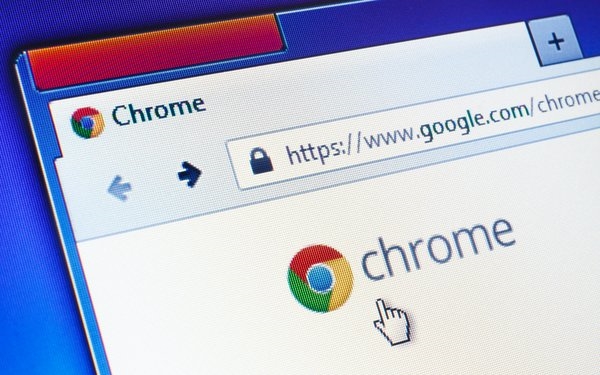Google Delays Phasing Out Cookies In Chrome Until 2024

Google said in a statement that it will once again delay the replacement of third-party cookies — a practice long used by advertisers to target advertisements to consumers.
Anthony Chavez, vice president of Privacy Sandbox, said in a blog post that advertisers need more time to transition to Google’s cookie replacement.
“The most consistent feedback we’ve received is the need for more time to evaluate and test the new Privacy Sandbox technologies before deprecating third-party cookies in Chrome,” Chavez wrote. “This feedback aligns with our commitment to the CMA to ensure that the Privacy Sandbox provides effective, privacy-preserving technologies and the industry has sufficient time to adopt these new solutions.”
The idea is to expand testing for the Privacy Sandbox APIs before Google disables third-party cookies in Chrome.
And there is good news for advertisers that are struggling to meet deadlines. By third-quarter 2023, Chavez expects the Privacy Sandbox APIs to launch. Then become generally available in Chrome.
As developers adopt these APIs, Google intends to begin phasing out third-party cookies in Chrome in the second half of 2024.
Sheri Bachstein, CEO of The Weather Company and GM of IBM Watson Advertising, believes that today’s news indicated Google is listening to the needs of publishers and working to develop cookieless solutions that address consumer privacy.
“We are encouraged by this progress and remain committed to working with all facets of the industry to deliver privacy-forward alternatives like weather data to help build contextual advertising campaigns,” she wrote in an email to Search & Performance Marketing Daily. “While marketers now have some breathing room, the urgency remains to build out their first-party data strategies and leverage AI to make better use of their data to create deeper connections with their customers.”
Travis Clinger, senior vice president of addressability and ecosystem at LiveRamp, believes that regardless of the timeline Google set, about 45% of the internet is already cookieless.
Mobile in-app is cookieless, and connected teievision (CTV) is cookieless, Clinger says. “Publishers and marketers [should] control their destiny and transition away from cookie-based identity to people-based identity,” he said.
(23)









